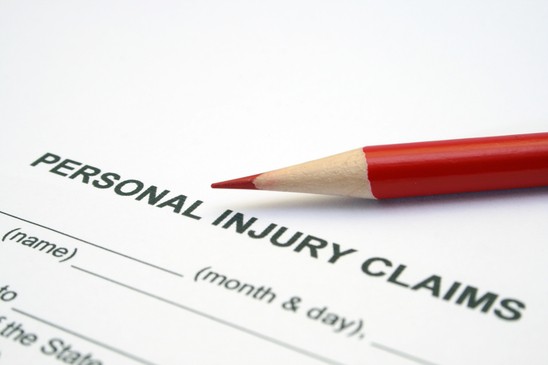If you’ve suffered a personal injury due to another person’s negligence or neglect, you may have many questions. You may wonder how much your claim may be worth and may wonder how you’re going to pay for medical bills. If you decide to take your case to court, you may wonder how the process will go. One of the things you may face during a court case is a deposition in which you may be asked to serve as a witness during your trial. The defendant’s lawyer will ask you questions and your answers can be used against you and your case. Given this fact, the answers you provide during a deposition can make a big difference in terms of the success or failure of your case. A deposition is a kind of examination and cross-examination performed during a civil case.

Your personal injury lawyer can help you properly prepare for a deposition.
During a deposition, you will be sworn in, asked to tell the truth, and the defendant’s lawyer may ask you questions.
The American Bar Association offers advice on effective deposition preparation. One of the most important things you need to understand during a deposition is that the defendant’s lawyer will likely have several points he or she will need to make during questioning in order to weaken your case. Your personal injury lawyer will know what these points are, will review the relevant facts of the case with you, and will help prepare you for questioning to ensure that you are prepared for any difficult questions you might encounter during a deposition.
Your lawyer will also help you understand what facts of the case you’ll need to prove in court and help prepare you to ensure that during your deposition these facts are made clear. Your lawyer can help you understand both the points that you will need to make and the points the defense will try to make in order to undermine your case. In most cases, the facts alone are sufficient, but how the facts are presented also matters.
Listening to the defendant’s questions and making sure you understand the questions properly is also important during a deposition.
Of course, during a deposition it is important to always:
- Tell the truth.
- Speak clearly and loudly.
- Think before you say anything.
- Only answer questions asked of you. Don’t provide additional information.
- Ask for clarification if you are not sure what’s being asked.
- “I don’t know” and “I don’t remember” are acceptable answers as long as they reflect the truth.
- Watch out for leading questions.
Your personal injury lawyer will review the facts of your case and help you prepare an honest deposition that will allow you to build and maintain the strongest case possible.
The Law Office of Johnson & Lundgreen understands how stressful depositions and trials can be for clients. You need a personal injury lawyer in Meridian and Boise, Idaho who can make sure that your testimony is accurate and case-supporting. Contact us today to learn more about how we can prepare you for a deposition or any other aspect of seeking a personal injury settlement.

